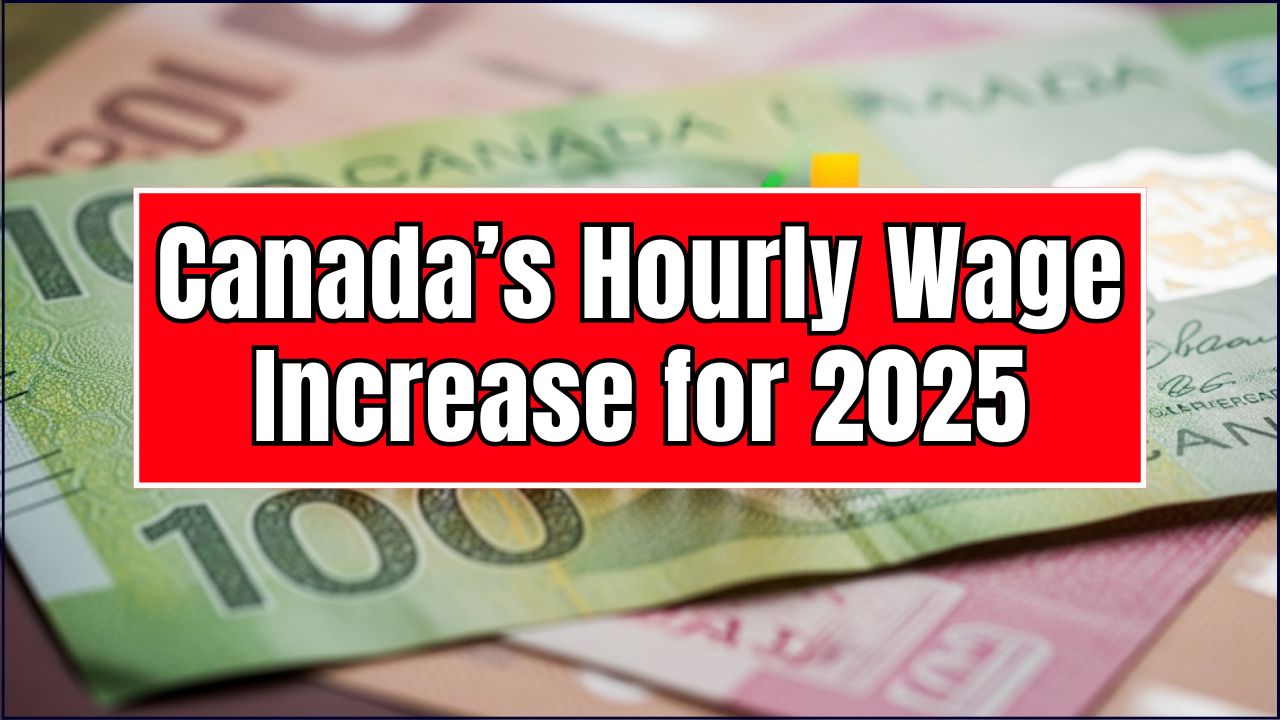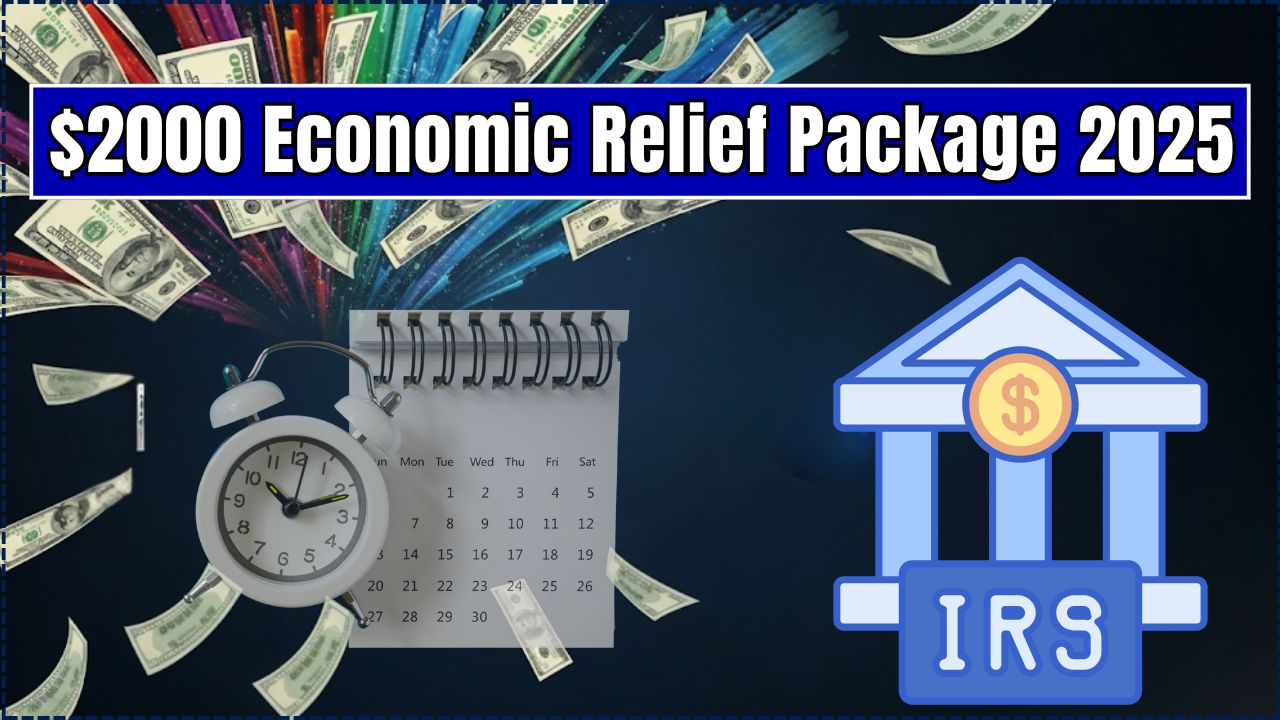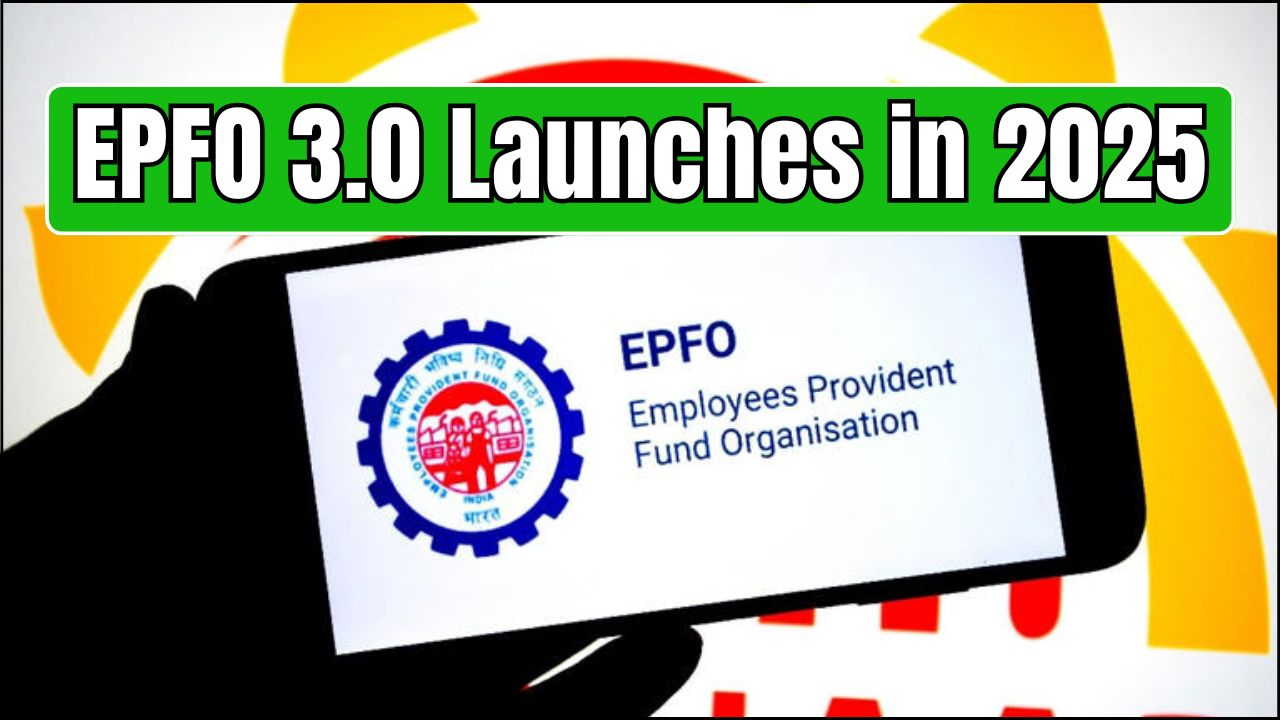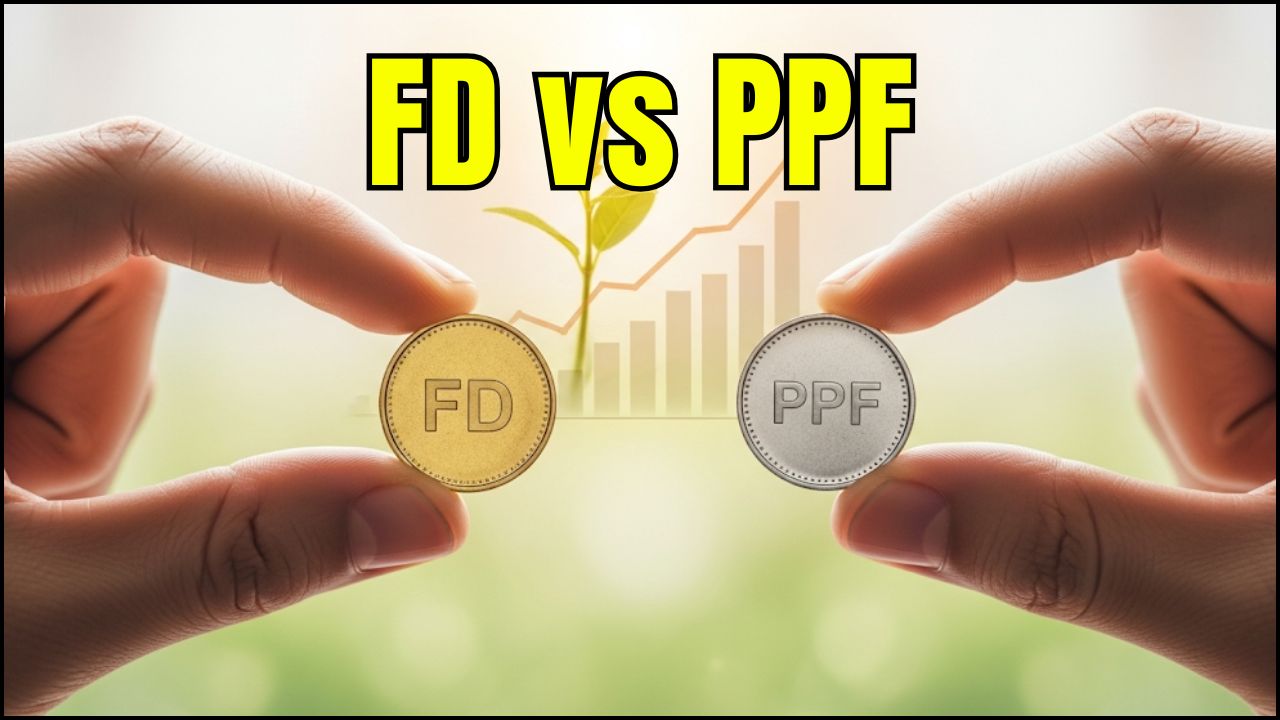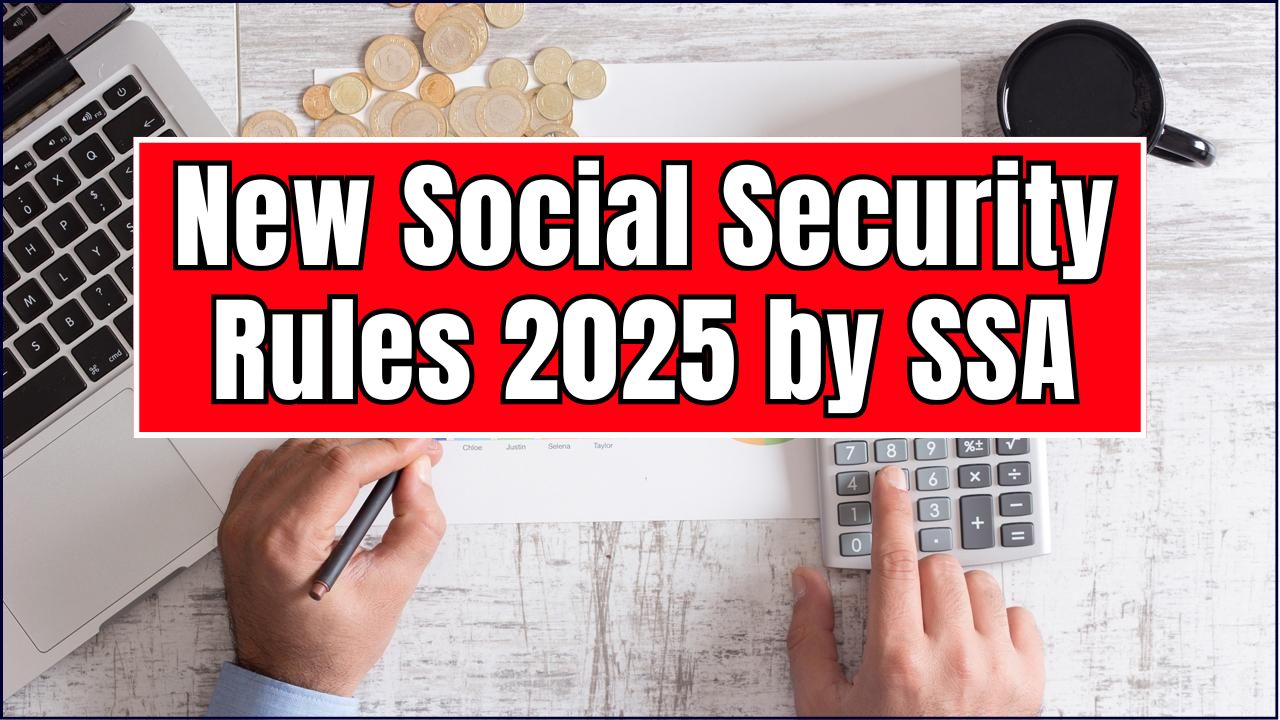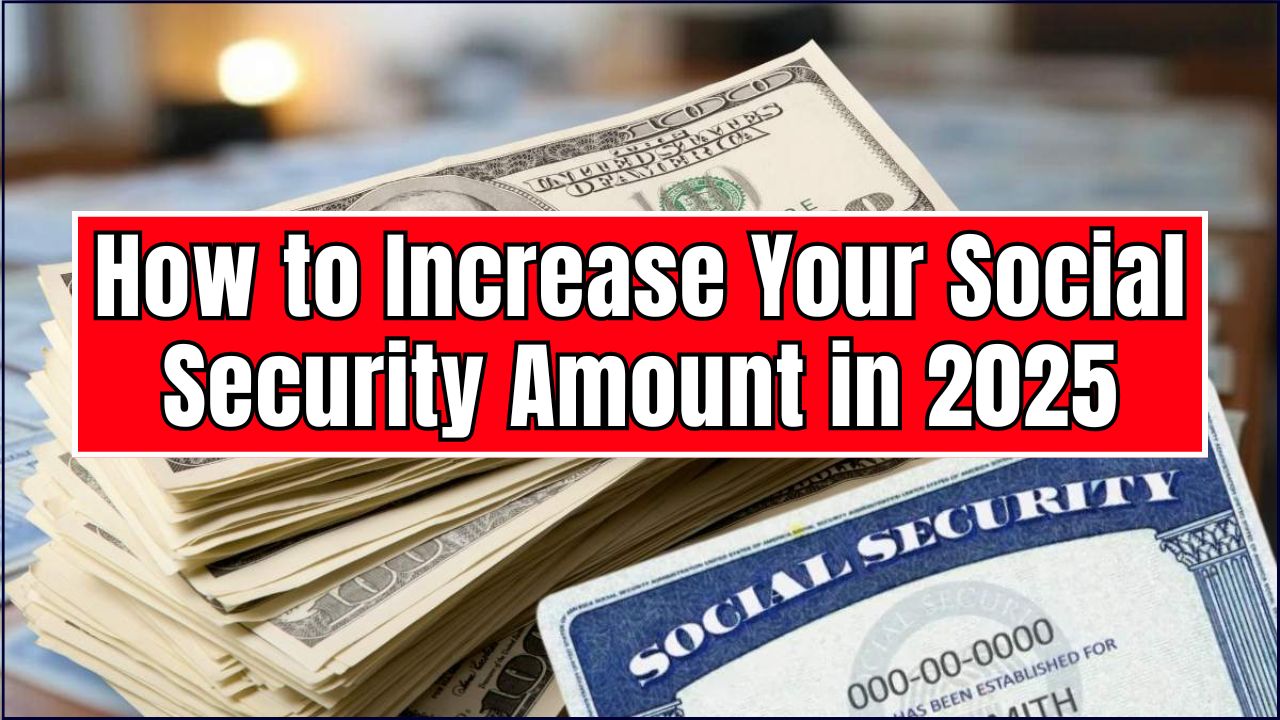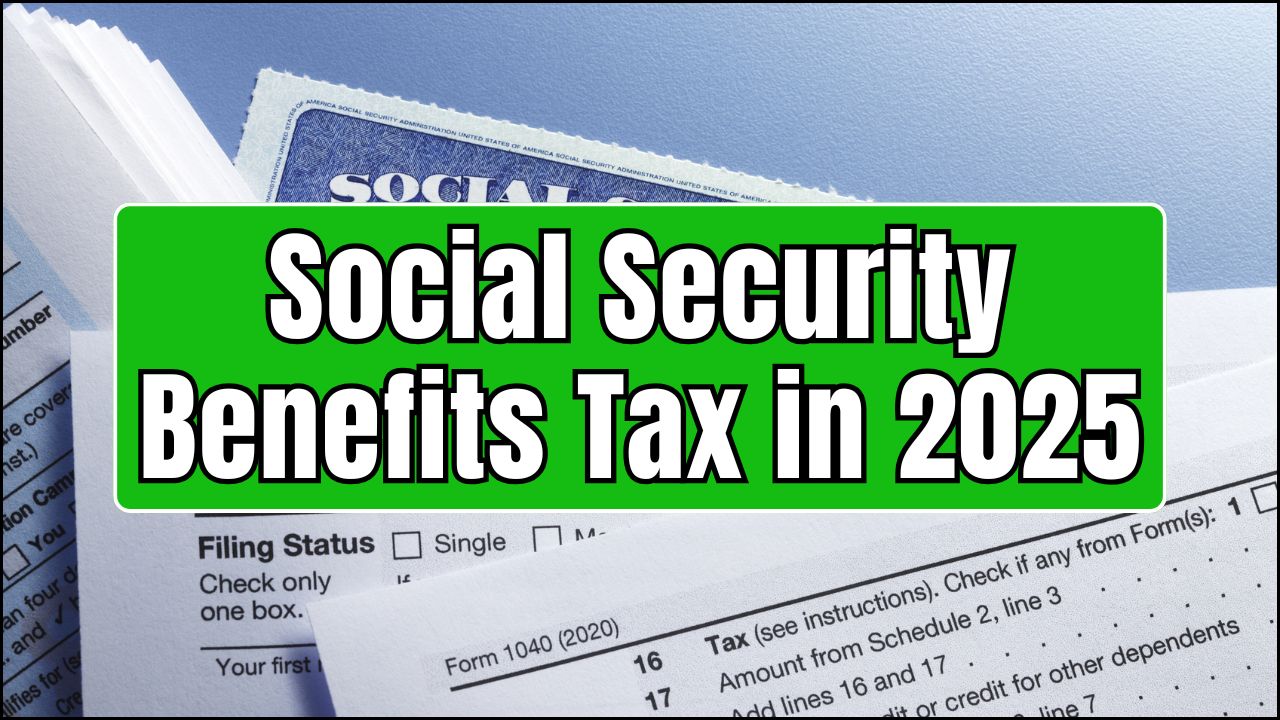Have you ever checked your bank account and found an overdraft fee that made you say, “Wait, what?” If you’re a member of Apple Federal Credit Union (AFCU), you may have a refund coming your way — and the best part? No claim form is needed.
In June 2025, AFCU agreed to a $2.5 million class action settlement after being accused of charging improper overdraft fees between January 7, 2021, and March 31, 2024. This article will walk you through everything you need to know — who qualifies, how much you could get, and how to avoid these kinds of fees going forward.
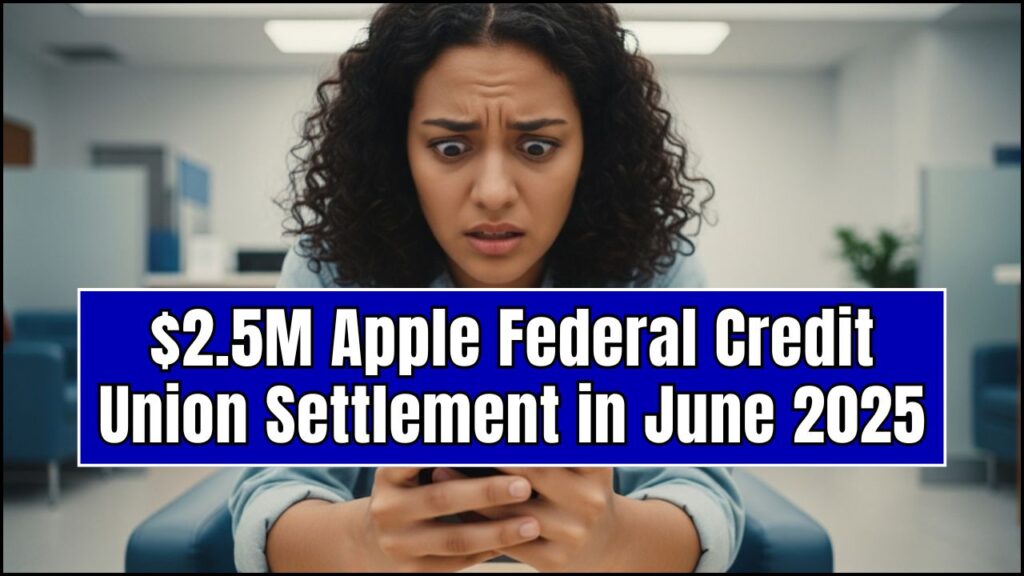
While the specifics of this Apple Federal Credit Union settlement are unique, financial settlements have evolved. Historically, receiving compensation from class action lawsuits could be a lengthy and often opaque process. Today, with increased digital accessibility and clearer communication standards, the claims process for consumers is generally more streamlined, making it easier for eligible individuals to understand their rights and claim their share. This particular settlement, with its clear online claim portal, is a good example of this modern approach.
$2.5M Apple Federal Credit Union Settlement in June 2025
| Feature | Details |
|---|---|
| Settlement Amount | $2.5 million |
| Institution Involved | Apple Federal Credit Union |
| Eligibility Period | Jan 7, 2021 – Mar 31, 2024 |
| Max Individual Payout | Up to $100 |
| Proof Required? | None – payments are automatic |
| Deadline to Opt Out | April 20, 2025 |
| Final Approval | June 17, 2025 |
| Settlement Website | TBD or afederalcusettlement.com |
The $2.5 million Apple Federal Credit Union overdraft settlement is a reminder that even trusted institutions can get it wrong. If you were impacted, you don’t have to do anything to claim your refund — just watch for that payment this fall.
But more than a payout, this is a wake-up call: Know your bank’s policies, track your balance, and don’t be afraid to call out unfair practices.
What is a Class Action Settlement?
A class action settlement is a legal resolution where a group of people (the “class”) who have suffered similar harm from a company or entity agree to resolve their dispute without going to trial. Instead of individual lawsuits, one case represents many, allowing for a more efficient way to seek compensation for damages caused by the defendant’s actions. These settlements are often approved by a court to ensure fairness to all affected class members.
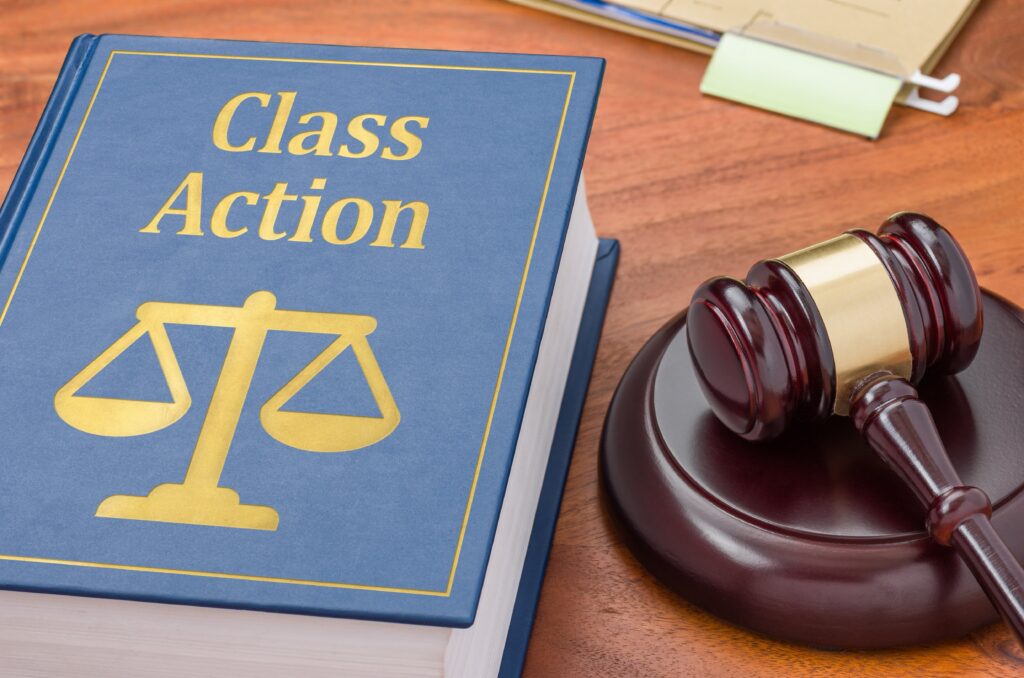
What’s the Deal With Overdraft Fees?
Overdraft fees are charged when a bank lets you spend more money than you have in your account. Sounds helpful, right? But banks often approve charges even when they know you’re overdrawn, then hit you with fees — often $30–$35 a pop.
Apple Federal Credit Union was accused of doing just that, despite rules requiring them to get your permission for this kind of service.
“I was charged $70 in OD fees for a single day. I thought I had money in the account,” said Brenda L., a longtime AFCU member. “It felt like I was being penalized for trusting my bank.”
How Did the Lawsuit Happen?
The class action lawsuit claimed AFCU charged overdraft fees even when the customer’s account showed a sufficient balance at the time of the transaction. This violated:
- Account agreement terms
- Consumer Financial Protection Bureau (CFPB) rules
- Possibly Regulation E, a federal law protecting electronic fund transfers
To avoid trial and mounting legal costs, AFCU settled for $2.5 million without admitting wrongdoing.
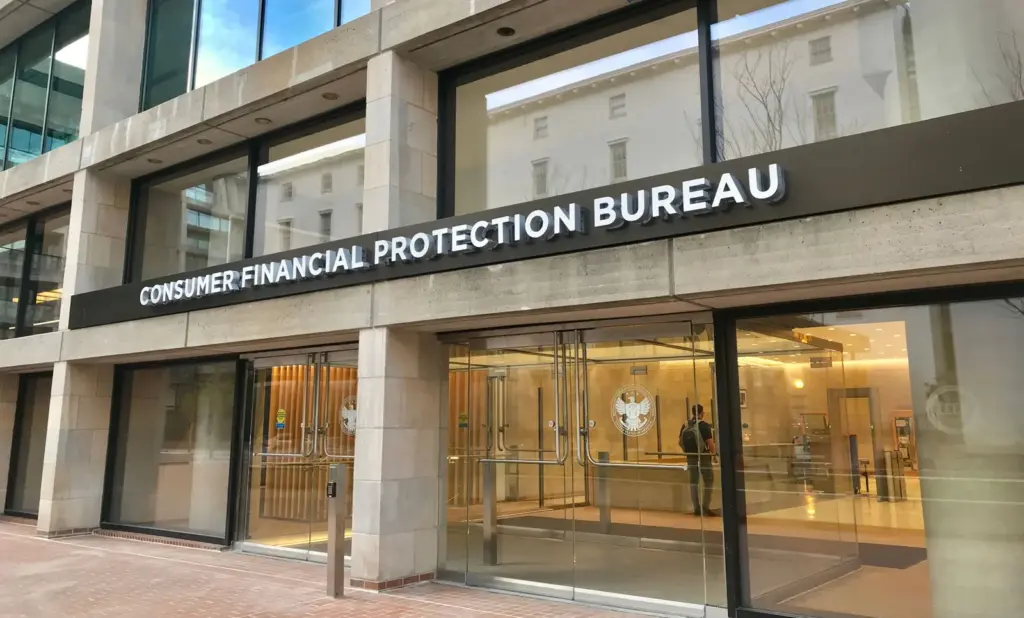
Who Qualifies?
You’re eligible if:
- You had an AFCU checking account between Jan 7, 2021 – Mar 31, 2024
- You were charged an overdraft fee on debit card, ATM, or electronic transfer transactions
- You did not opt out of the settlement by April 20, 2025
You don’t need to submit a claim. If eligible, you’re automatically in line for a payout.
How Much Money Will You Get?
This depends on how many people qualify.
- Charged less than $100 in fees? You’ll get a proportional share.
- Charged more than $100? You’ll get capped at $100.
All payments will be made by check, direct deposit, or account credit, depending on your status with AFCU.
What’s Next: Step-by-Step
- Review Past Statements
- Log in to your AFCU online account.
- Check for any OD fees between 2021–2024.
- Wait for the Mail or ACH
- No forms or claims are needed.
- Payments should arrive by Fall 2025.
- Keep Address/Bank Info Updated
- Make sure AFCU or the settlement administrator can reach you.
How Does This Compare to Other Settlements?
| Bank/Credit Union | Settlement Amount | Max Payout | Year |
|---|---|---|---|
| Wells Fargo | $203M | Varies | 2023 |
| Bank of America | $75M | $35–$100 | 2021 |
| Chime | $12M | $25–$100 | 2022 |
| AFCU | $2.5M | $100 | 2025 |
Why It Matters: More Than Just $100
While $100 might not change your life, this settlement is a big win in a $15 billion industry — that’s how much banks rake in from overdraft and NSF fees each year (source: CFPB, 2023).
Quote from Expert:
“Settlements like this hold financial institutions accountable and push the industry toward better transparency,” says Janet Brewster, a banking law professor at Georgetown University.
How to Avoid Overdraft Fees Going Forward
1. Turn Off Overdraft Protection
That way, your card gets declined — no fee, no surprise.
2. Set Up Alerts
Most banks offer real-time balance notifications via app or text.
3. Use Budgeting Tools
Apps like Mint, YNAB, and Goodbudget can help you stay in the green.
4. Read the Fine Print
Know when your bank posts transactions — some post the largest first, triggering more fees.
Credit Unions vs. Traditional Banks: A Quick Look
Wondering how credit unions like Apple Federal Credit Union differ from big banks? Here’s a quick comparison:
| Feature | Credit Unions | Traditional Banks |
| Ownership | Member-owned, not-for-profit | Shareholder-owned, for-profit |
| Mission | Serve members, community focus | Generate profit for shareholders |
| Interest Rates | Often higher on savings, lower on loans | Varies, typically less competitive |
| Fees | Generally lower or fewer fees | Often more fees, can be higher |
| Customer Service | Often more personalized and community-driven | Varies by bank, can be less personal at large institutions |
| Profit Distribution | Returned to members via better rates/lower fees | Distributed to shareholders |
Quick Checklist
AFCU customer between Jan 2021 – Mar 2024
Paid at least one overdraft fee
Didn’t opt out by April 20, 2025
Wait for payment — no action needed
FAQs
Is the AFCU overdraft settlement legit?
Yes, it was approved by a federal judge on June 17, 2025.
Do I need to fill out a claim form?
No. You’ll be paid automatically if you’re eligible.
How will I get paid?
Via check, direct deposit, or account credit depending on AFCU’s records.
What if I’m no longer an AFCU member?
You’ll still get a check if your mailing address is updated.
Can I still join or appeal?
No. The opt-out deadline was April 20, 2025.
